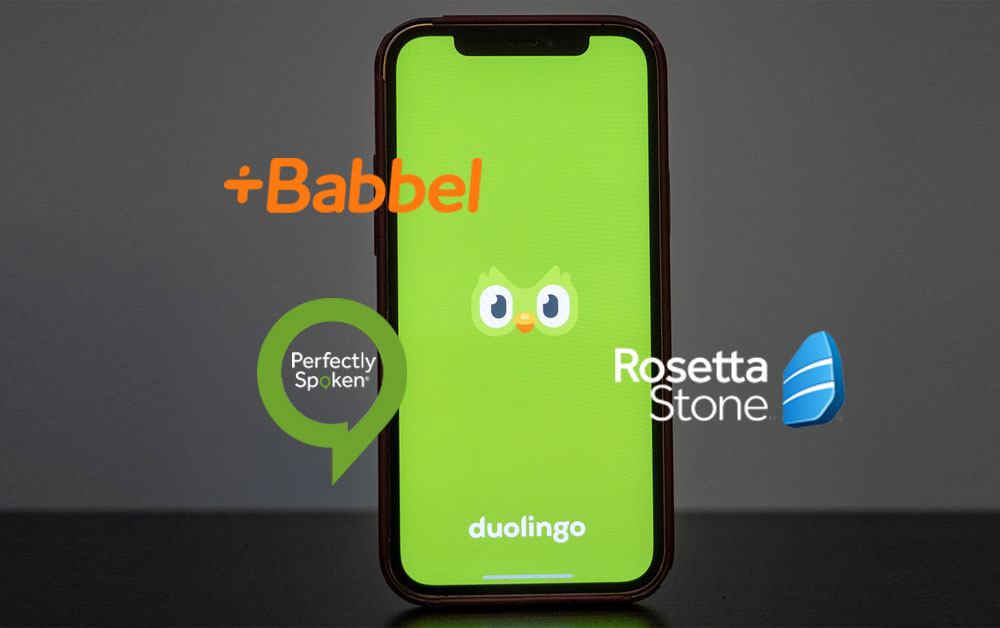Do you want to get better at speaking English? Maybe you want to speak with confidence and fluency, or perhaps you want to excel in your job or make new friends from around the world. The good news is that you can improve your English-speaking skills online, right from the comfort of your home. In this article, we’ll explore some practical advice for English language learners and introduce you to online learning platforms like Perfectly Spoken.
Remember, improving your speaking skills is not just about talking more; it’s about enhancing your overall English skills.
Follow these tips and improve your English-speaking skills online
Practise Regularly
To get better at speaking English, you need to practice regularly. Just like learning to ride a bike or play a musical instrument, speaking a new language takes consistent effort. Find opportunities to speak in English every day. You can chat with friends or join online communities where English is the primary language of communication.
Online Language Learning Platforms
There are many online platforms dedicated to helping you improve your English skills. One of these platforms is Perfectly Spoken, which offers a wide range of English courses and resources. We have courses for all levels, from beginners to advanced learners, making it a suitable choice for anyone looking to enhance their English-speaking abilities.
Perfectly Spoken provides a flexible and convenient combination of self-study lessons, practice exercises, and opportunities to practise your speaking with other students from around the world under the guidance of expert teachers to help you improve fluency and speak confidently and correctly.

Listen Actively
To become a better speaker, you must also become a better listener. Pay close attention when native speakers talk. Watch English movies, TV shows, and listen to podcasts or audiobooks. Try to understand the pronunciation, intonation, and the way they express themselves. This will help you in your own speaking.

Expand Your Vocabulary
A good vocabulary is essential for effective communication. Learn new words every day and try to use them in sentences. You can use flashcards, language apps, or even study vocabulary-building courses like Perfectly Spoken offers at all levels from A1-C1. The broader your vocabulary, the more confident you’ll feel when speaking.
Master Grammar and Sentence Structure
Correct grammar and sentence structure are vital for clear and effective communication. Take time to learn and practice English grammar rules. Perfectly Spoken and other online platforms offer dedicated grammar courses to help you improve your grammar skills.
Speak with Native Speakers
One of the best ways to improve your speaking skills is to converse with native speakers. You can find language exchange partners or join language exchange groups online. This will expose you to different accents and help you adapt to various English-speaking styles.
Record Yourself
Recording your own speech can be a valuable tool for self-assessment. You can identify areas where you need improvement, such as pronunciation or fluency. Listen to your recordings and compare them to native speakers to gauge your progress.
Be Patiend and Persistent
Improving your English-speaking skills will take time, so be patient with yourself. Don’t be discouraged by mistakes; they are part of the learning process. Keep practising, and you’ll see gradual improvement.

Improving your English-speaking skills online is achievable with the right approach and resources. Online platforms like Perfectly Spoken can provide you with structured lessons and practice opportunities. However, remember that improving your speaking skills goes hand in hand with enhancing your overall English language skills, including listening, vocabulary, grammar, and pronunciation. So, stay committed to your journey, and you’ll become a confident English speaker over time.
Happy English learning!









































